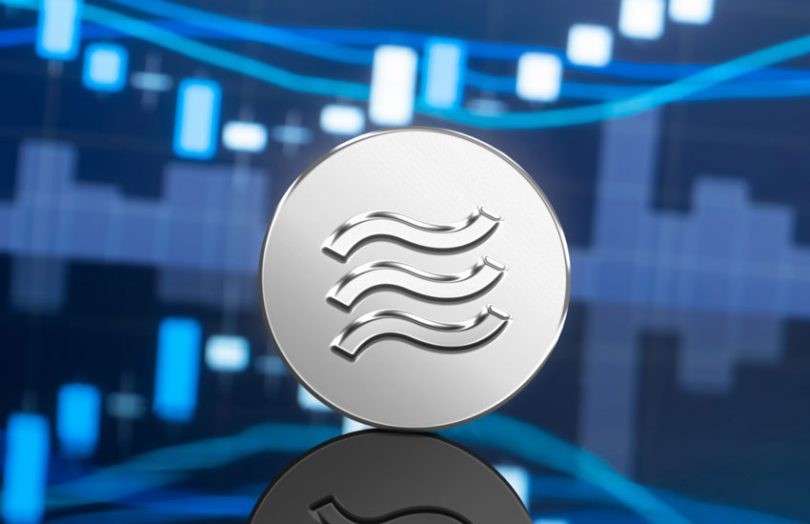On Tuesday, Libra co-creator Christian Catalini spoke with ING’s lead economist for digital finance, Teunis Brosens, about global economics and regulation. They appeared on the Official Monetary and Financial Institutions Forum’s (OMFIF) podcast, hosted by Bhavin Patel.
How will Libra be minted?
Catalini, also head economist at Facebook subsidiary Calibra, outlined how new Libra would be generated. Tokens will be minted in exchange for fiat currency, which would then be placed into the reserve. The reserve will partly be used to purchase short-term government debt.
Libra can be exchanged back for fiat, then the token is burned, and the money returned. So, “Libra doesn’t have any discretion of […] when to mint the coins, or when to destroy them. The market decides when they are needed.”
But, as Brosens points out: “By being a successful coin, Libra will, in fact, influence existing financial markets […] because it is a large buyer of safe assets or a large seller of safe assets. I think in practice, there will be influence on monetary policy and financial markets.”
Catalani then emphasizes how adoption will be slow at first. There will be frictions, such as compliance with anti-money laundering (AML) and know your customer (KYC) laws, which mean users signing up with the Calibra wallet will have to show government ID.
How will Libra affect emerging markets?
Patel asks whether there is a risk of ‘Libraization’ in developing countries. “There could be, although […] for their foreign currency relations, they are mostly dominated by the dollar [already],” said Brosens.
Christian Catalini explained that for cross-border remittances, a tourist travelling in a foreign country, “Libra could represent a more compelling solution.”
“In a domestic market, I think the use case is way less compelling because […] now you’re being exposed to the volatility of what you could consider just another foreign currency,” he continued. “The dollar or the Euro are already present in these kinds of country. They’re way more liquid and have a physical presence in those regions. And Libra is unlikely to displace any of these use cases.”
While Catalini admitted that those using Libra as a store of value could have a more valuable asset, he believes the use of Libra as a medium of exchange will be the most popular and penetrative.
Libra and central banks
ING’s Brosens later said: “When you have a global currency, especially one adopted by many people, then central banks lose influence and they lose their monetary influence.”
“So Libra becomes a kind of global central bank,” in a way like the Federal Reserve. Many remittances are already completed in dollars, especially between emerging markets. If the Libra becomes the ‘new dollar’, or international currency, this would then displace the role of the Fed. And the ambition of the People’s Bank of China.
“Libra has a very different role from a currency role, especially a fiat,” said Catalini. “It’s a payment network, and it’s meant to enable payment services […] central banks will retain their ability to set nominal interest rates.”
Indeed, Libra’s mandate “will be shaped by central banks and regulators, such as the G7 working group on stablecoins and Swiss Financial Market Supervisory Authority.”
What about central bank digital currencies?
OMFIF’s Bhavin Patel puts forward CBDCs, and asks whether they would work in the case of enabling something like Libra?
Brosens replied: “Of course. This is something that many central banks debate. I think that many are still agnostic as to the question of: should central banks issue a digital currency? Should the private sector do it?”
“It’s really about what are you trying to achieve […] an improvement to the infrastructure, accessibility, payment systems?”
“There’s a role for both public and private sector. Private sector for its expertise, public sector, because it’s a public coin. The public sector has to be involved one way or another,” he concluded.







